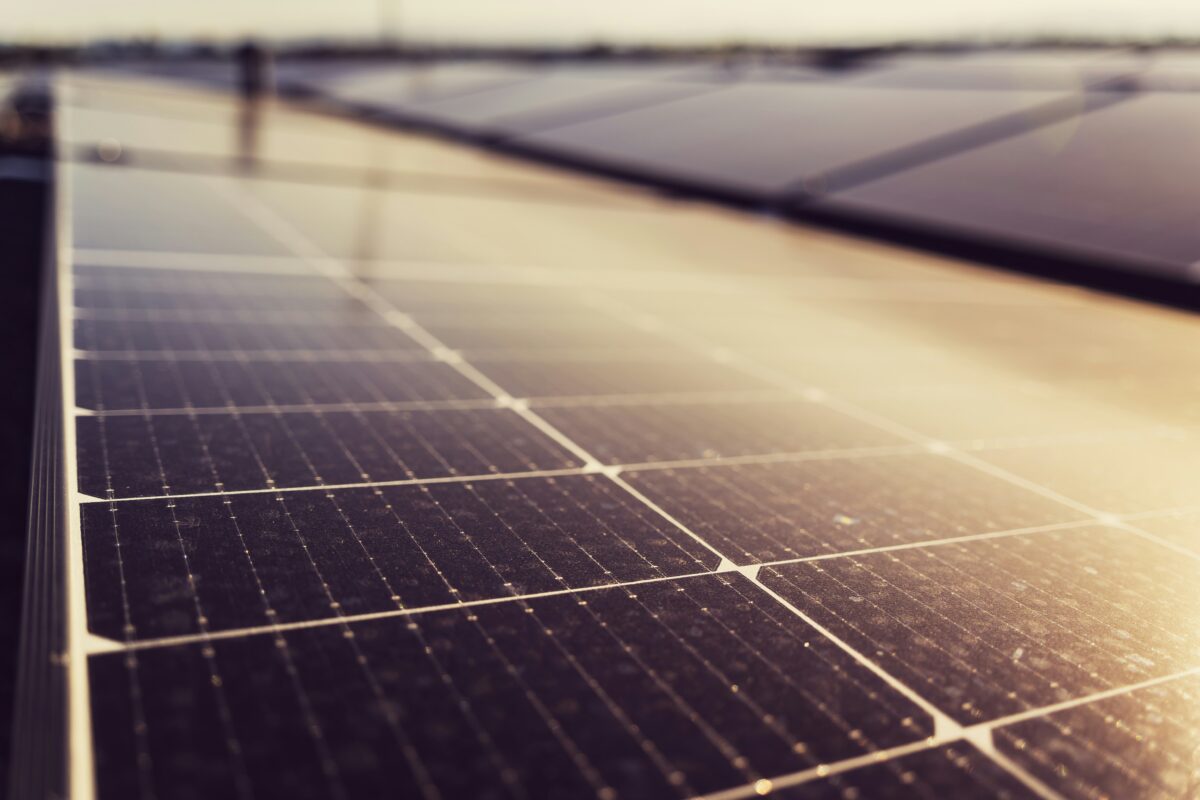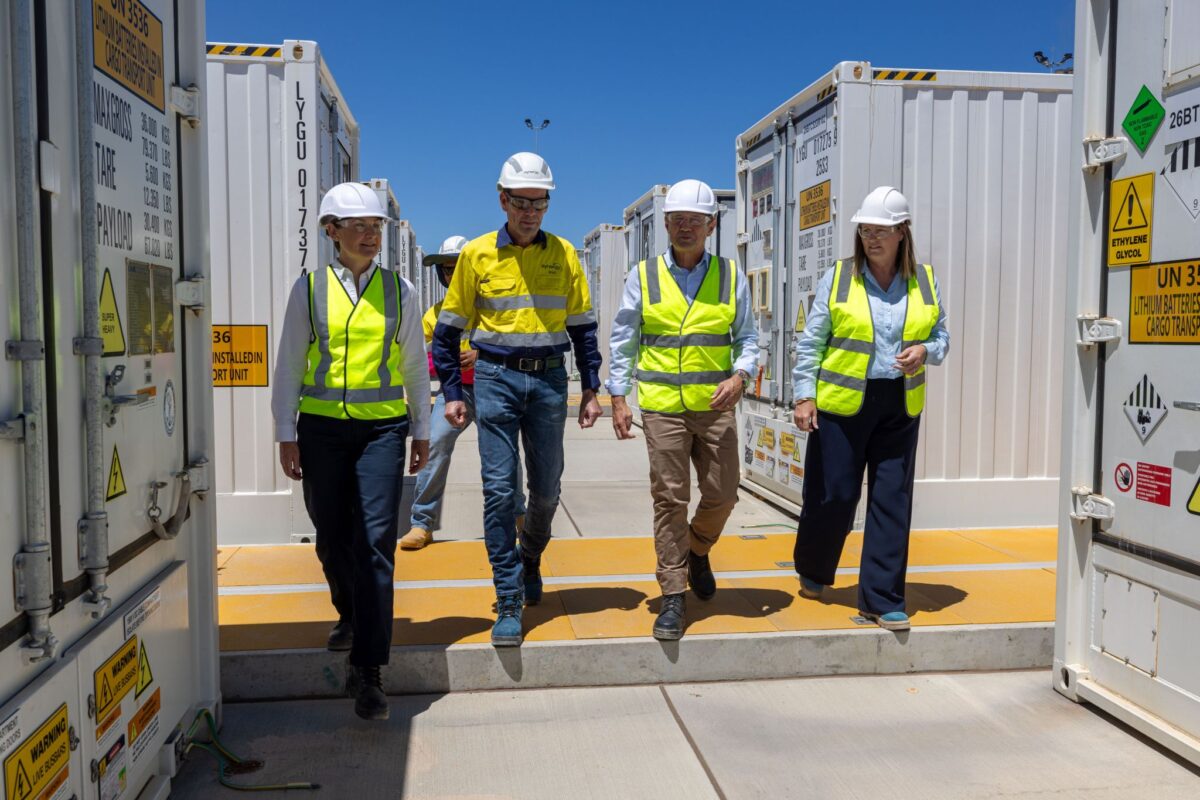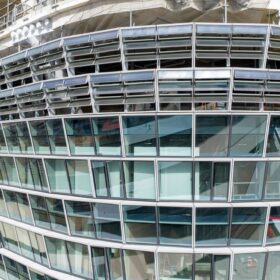Researchers at the University of Sydney (USyd) and University of New South Wales (UNSW) have published findings in the Cell Reports Physical Science journal from a study into new ways of evaluating the circular economy of PV.
Called A new perspective for evaluating circularity of photovoltaic module recycling and technology developments, findings revealed a need for multifaceted analyses to address the complexity of the reuse, reduce, and recycle processes.
The scientists revised the material circularity indicator (MCI) into rMCI, which accounts for changes in PV demand over time, and introduced a new energy circularity indicator (ECI), which recognises differences in material and energy intensities in PV modules.
A summary of the research says these indicators were applied to the years 2037 and 2050.
“Results show that the merits of each circularity strategy such as extending product lifetime, recycling, and technology developments are different depending on installed capacity and whether the circularity strategy is material or energy intensive,” the research says.
“For example, strategies favouring ECI, such as high-power bifacial modules, are not optimal for rMCI, highlighting the importance of evaluating circular economy from more than one (e.g., energy and material) perspective, through rMCI and ECI, especially for PV modules.”
The circularities of various future PV production and consumption scenarios were analysed from different perspectives – material, energy and silver (Ag), with findings guiding the research toward appropriate mitigations for reducing resource demands for PV deployment in the future.
The researchers suggest future study on the best circular economy strategies for PV modules might extend to water consumption, economic cost, and/or value in the future.
This content is protected by copyright and may not be reused. If you want to cooperate with us and would like to reuse some of our content, please contact: editors@pv-magazine.com.









By submitting this form you agree to pv magazine using your data for the purposes of publishing your comment.
Your personal data will only be disclosed or otherwise transmitted to third parties for the purposes of spam filtering or if this is necessary for technical maintenance of the website. Any other transfer to third parties will not take place unless this is justified on the basis of applicable data protection regulations or if pv magazine is legally obliged to do so.
You may revoke this consent at any time with effect for the future, in which case your personal data will be deleted immediately. Otherwise, your data will be deleted if pv magazine has processed your request or the purpose of data storage is fulfilled.
Further information on data privacy can be found in our Data Protection Policy.